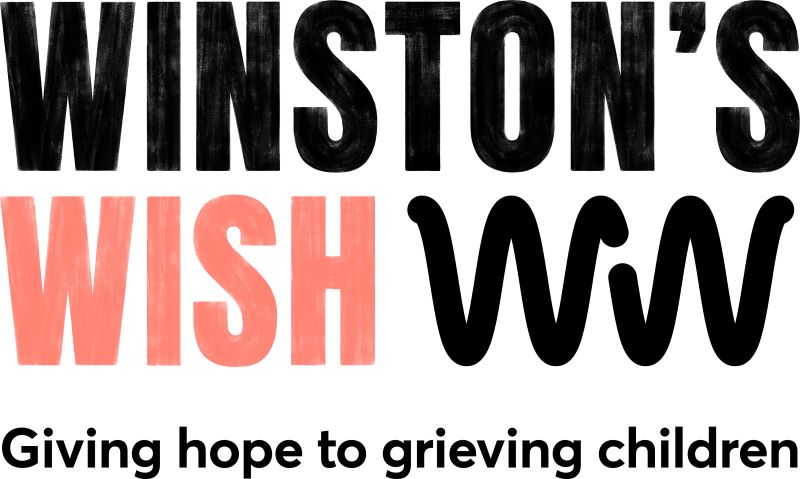Children’s bereavement charity Winston’s Wish contacted the GCA as they are seeking partners in the greeting card industry to work with to create a new sympathy range for children.
Children are often described as ‘the forgotten mourners’ because they are frequently excluded from having a full and active role in the grieving process. Feedback from those the charity supports has identified a gap in age-appropriate sympathy cards which Winston’s Wish are keen to address.
Winston’s Wish
Winston’s Wish is the UK’s leading childhood bereavement charity,. director Paul Moore recently reached out to the GCA to ask for our support in providing a way for children to be included after the death of someone important to them.
Time and time again we have heard the same story from children who recount the experience of sitting quietly surrounded by relatives and family friends who have brought cards of sympathy for the adult in the room but leave no words of comfort for the child who is grieving for their loved one.”
Paul Moore, Director of Fundraising & Marketing Winston’s Wish
Keen to understand the issue and hopeful of finding a solution, Paul turned to the charity’s Youth Team to ask if they would be willing to share their personal experience. He recently met with Henri, now aged 21, who explained how overwhelming she found the weeks following her mum’s death when she was just 11 years old.
“As a family we received over 100 sympathy cards.” Sadly just one of those cards was specifically for Henri. On opening the cards addressed to the family, Henri shared that
It made me feel more upset as all the cards I kept opening were sad or unhappy designs. I received a card from my friend that had two teddy bears hugging on it, this stuck out to me as it was a suitable design for my age and I didn’t associate the card with death, I associated it with my friend thinking of me.”
Henri, now aged 21
In conversation, Paul and Henri discussed the difficulty of finding the right words to say. The reality for Henri was that she hadn’t yet processed the death of her mum and the constant stream of cards that weren’t intended for her made her question “Why am I not sad when everyone else here seems to be sad?” The charity believes there is a lack of provision for suitable greeting cards specifically designed for grieving children and young people and are now looking for partners to help bring about the change which they believe will encourage consumers to consider children following the death of a loved one.



With 1 in 20 children experiencing the death of a parent before the age of 16, the stark reality is that a child is bereaved of a parent every 20 minutes in the UK. Winston’s Wish wants to ensure that the support they receive is age-appropriate and filled with hope for a future that doesn’t need to be defined by their grief.
The charity are now asking the greeting card Industry to help change stories like Henri’s by creating a range of sympathy cards specifically with young people in mind. A card that a friend at school would feel comfortable purchasing, a card that doesn’t leave them with more questions than answers.
To find out more about Winston’s Wish click on the link to visit their website. To discuss this opportunity in more detail you can reach Paul directly by emailing pmoore@winstonswish.org
Winston’s Wish Headlines
- Between April 2022 and March 2023 Winston’s Wish supported over 60,000 children and young people (up to the age of 25) after the death of someone important
- It is estimated over 46,000 children under the age of 18 are bereaved of a parent every year (CBN)
- Established in 1992, Winston’s Wish is the UK’s first childhood bereavement charity
- Winston’s Wish provides a range of services to help children, young people and the adults supporting them after someone important has died including a helpline, digital chat services, specialist publications, resources and training. Group and one to one support is also available from a dedicated team of bereavement support workers.
- Winston’s Wish provides its services free of charge and receives over 90% of its funding from public donations.
